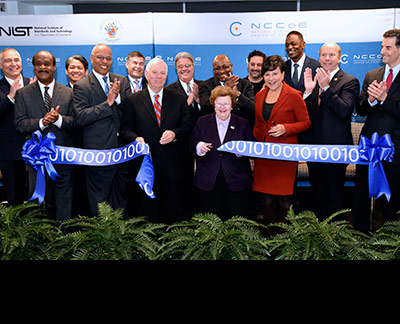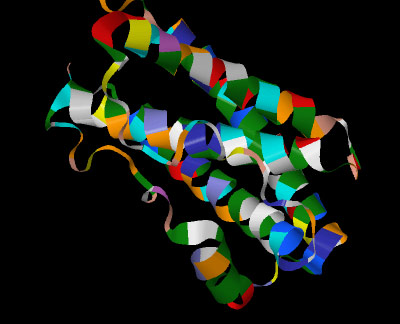|
Trustworthy AI in Ethics and Equity The advancement of Artificial Intelligence (AI) has acceler- ated the adoption and integration of new innovations into many frontiers including automobiles, banking, and insurances etc. Machine learning can reveal a lot of things that human beings can hardly find out. On the theoretical side, Machine learning (ML) and deep learning algorithms are able to not only analyze data efficiently but also accumulate the knowledge gained from previous learning. The ML models are getting improved from time to time with new feed-in data to the neural networks under reinforcement learning. A new research focuses on the theory of deep learning, the theory of federated learning, and foundation of continual learning has been developed by NISTI. It follows formal methods to guarantee its trustworthiness for complex systems so they are able to adapt, repair, reconfigure, recover, and be functional to support the critical missions even under attacks. A self diagnose agent is embedded into the models to broadcast the current status of the system in real time. In the event an issue has occurred, the agent notifies the other components in the system to "react" and the system admin for possible interventions. Security of Next Generation Internet Encryption is a key component for protecting the security and privacy of today's Internet. The current unbreakable encryptions could be easily broken with future quantum computers. Therefore, it is imperative to develop new cryptographic algorithms and systems that can resist current and future cyber-attacks. This research aims to study and implement a novel quantum and post-quantum secure network system that integrates strong encryptions and quantum-safe security to provide improved security, integrity, and privacy for data and communications. The research seeks to build a testbed of quantum networks that immune from cyber-attacks. The team applies research outcomes in education in collaborating with universities, national labs, and private sector companies to build pipelines of quantum information science and engineering workforce. The technology has wide applications in securing email privacy, enhancing network security, defending the critical network infrastructure, and protecting the national security. Findings from this research have significant impact on the security aspect of next-generation quantum Internet.
New Computer Architecture for High Confidence Computing
High-confidence computing relies on trusted instructional set architecture, sealed kernels, and secure operating systems. Cloud computing depends on trusted systems for virtualization tasks. Branch predictions and pipelines are essential in improving performance of a CPU/GPU. But Spectre and Meltdown make modern processors vulnerable to be exploited. Disabling the prediction and pipeline is definitely not a good solution. On the other hand, current software patches can only address non-essential issues around Meltdown. This paper introduces a holistic approach in trusted computer architecture design and emulation. |
NISTI Most Popular
Careers at NISTI
Cybersecurity Framework
Cyber Physical Systems
CAE and NICE
STEM
|




